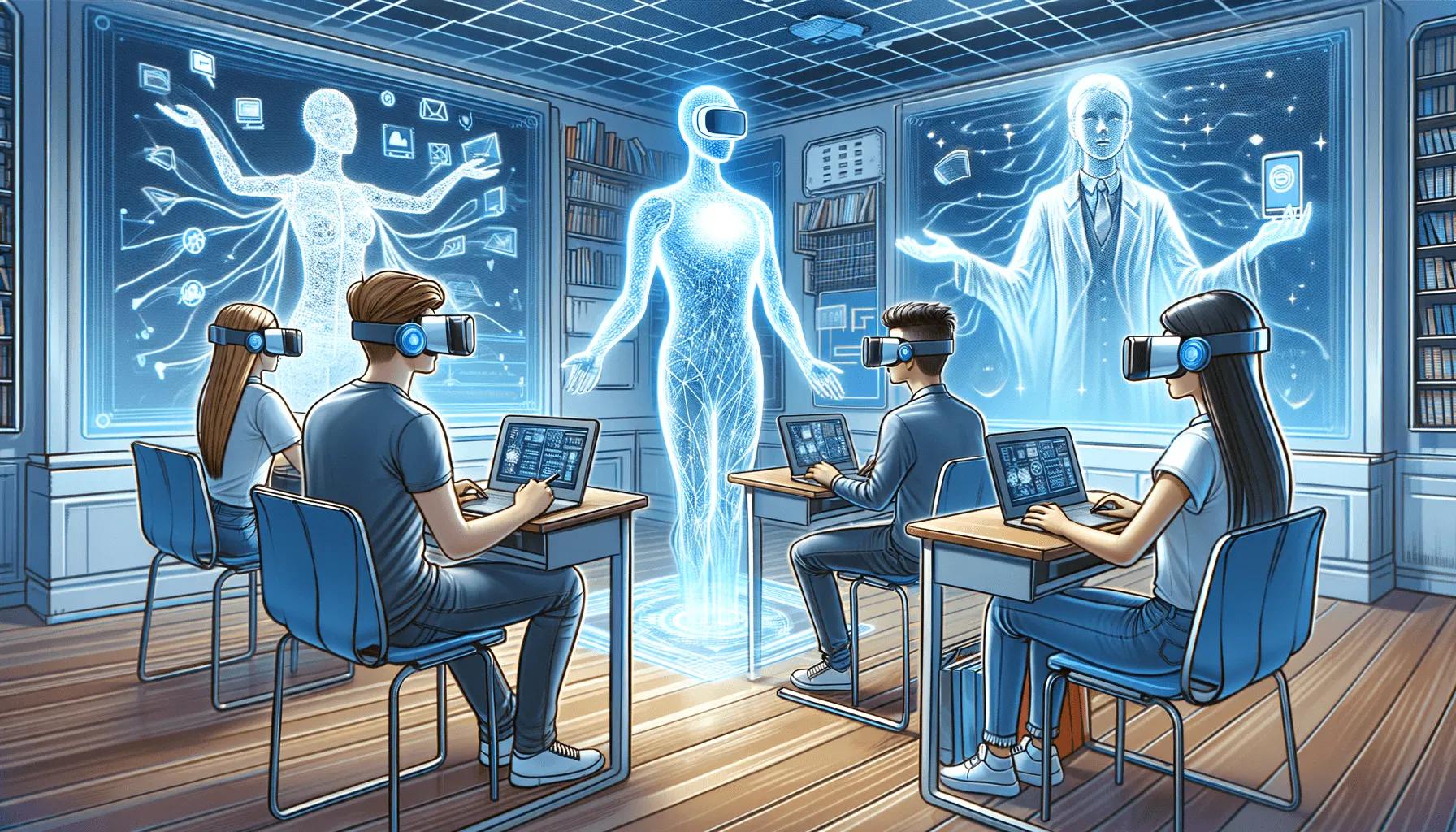
As we move deeper into the 21st century, the role of educators is evolving rapidly. The teacher of the future must adapt to a changing landscape of technology, pedagogy, and student needs. Here are some essential characteristics that define the ideal future teacher.
In an age dominated by technology, future teachers must be proficient in using digital tools. From interactive whiteboards to online learning platforms, they should integrate technology into their teaching methods to enhance student engagement and learning outcomes. A tech-savvy teacher can create a blended learning environment that combines traditional methods with innovative digital resources.
The most effective educators are those who embrace continuous learning. The educational landscape is always evolving, and future teachers should actively seek professional development opportunities. By staying updated on the latest educational trends, teaching strategies, and research, they can better support their students and adapt to new challenges.
Understanding and addressing the diverse needs of students is crucial. Future teachers must cultivate empathy and create an inclusive classroom environment where all students feel valued and respected. This involves recognizing individual learning styles and providing personalized support to help every student succeed.
Future educators should be team players, collaborating not only with other teachers but also with parents and the community. Building partnerships can enhance the educational experience and provide students with a support network that extends beyond the classroom. Collaborative teaching can also foster a culture of shared ideas and resources among educators.
Future teachers should encourage critical thinking and problem-solving skills in their students. By fostering a classroom environment that promotes inquiry and exploration, teachers can help students develop the skills they need to navigate an increasingly complex world. This includes teaching students how to analyze information, evaluate sources, and make informed decisions.
Flexibility is essential for future educators. The ability to adjust lesson plans, teaching strategies, and classroom dynamics in response to student needs and external factors is crucial. An adaptable teacher can effectively manage unexpected challenges and create a dynamic learning environment.
As classrooms become more diverse, future teachers must be culturally aware and sensitive. Understanding the cultural backgrounds of students and incorporating diverse perspectives into the curriculum can enrich the educational experience. Culturally competent teachers foster respect and appreciation for different cultures among their students.
Lastly, a future teacher should possess a genuine passion for teaching and a commitment to student success. Their enthusiasm can inspire students and create a positive learning atmosphere. When teachers are motivated and engaged, their students are more likely to be as well.
The teacher of the future will play a pivotal role in shaping the next generation. By embodying these characteristics—tech-savvy, lifelong learners, empathetic, collaborative, critical thinkers, adaptable, culturally competent, and passionate—they can create a vibrant and effective learning environment. As education continues to evolve, so too must the educators who guide students through their learning journeys.
Bahman Huseynli